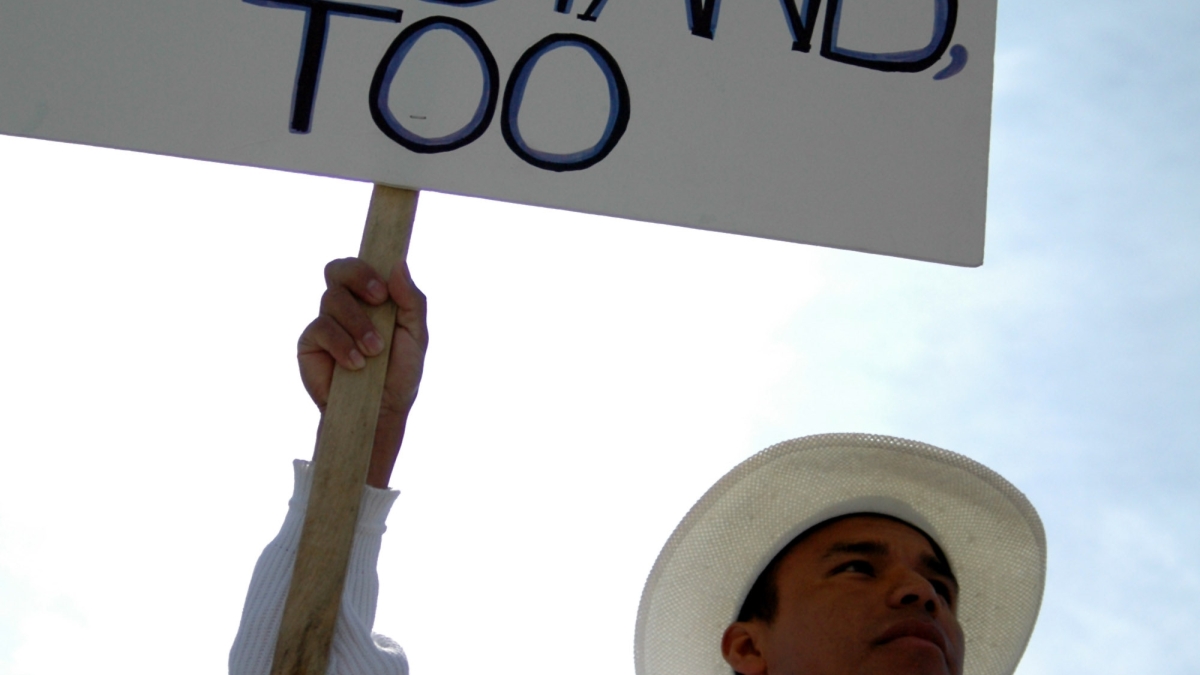Immigration policy lecture concludes downtown series

An ASU professor calls immigration law “a multi-layered jurisdictional patchwork” that requires essential maintenance. However, she believes a more reasonable approach to reform is in the offing.
“There’s a paradox with immigration in our country,” said Marie Provine, a professor emerita with ASU’s School of Social Transformation. “We think of ourselves as a nation of immigrants and yet it takes as much as 15 years to enter legally as a family member of someone already in the U.S. We invest billions of dollars a year on this issue and clearly still have a problem.”
Provine’s lecture, “Arizona Policy on Unauthorized Immigration,” will conclude the fall 2012 Humanities Lecture series, which is hosted by ASU’s School of Letters and Sciences on the Downtown Phoenix campus. The lecture is scheduled for 6:30 p.m., Thursday, Nov. 8, at the Nursing and Health Building Two, 550 N. Third St., Innovation Auditorium, room 110. The lecture series is free and open to the public.
“The issue of immigration and documentation is not only a legal and economic one, but of a global and local humanitarian concern,” said Mirna Lattouf, lecture series organizer. “It is in our interest as responsible citizens to have a fair, just and reasonable reform package that takes into account all aspects of this very hot and at times divisive topic.”
Provine said her lecture will address the power struggle between the historical federal government and Arizona on immigration reform, the Supreme Court’s recent handling of SB 1070, and what laws should the state adopt in the future?
According to Provine, the devolution of immigration reform policing powers was authorized by the Illegal Immigration Reform and Immigrant Responsibility Act (IIRIRA) passed by Congress in 1996. The IIRIRA does not require that state and local law enforcement authorities enforce federal immigration laws. Rather, it simply invites them to do so. However, federal rules do not require coordination between the various and overlapping policymaking bodies. The issue of immigration enforcement has significant potential for cross-jurisdictional conflict and overlap.
“These conflicts tend to create significant levels of uncertainty among immigrant residents about what policy approach prevails,” Provine said. “Overlapping enforcement authority also constrains some localities as they seek to balance enforcement options against their commitment to community policing.”
Provine believes a more common sense approach to immigration will ultimately prevail as voting demographics shift and angry political rhetoric becomes less emotional.
For more information on the lecture series, call Mirna Lattouf at 602-496-0638 or email her at Mirna.Lattouf@asu.edu.